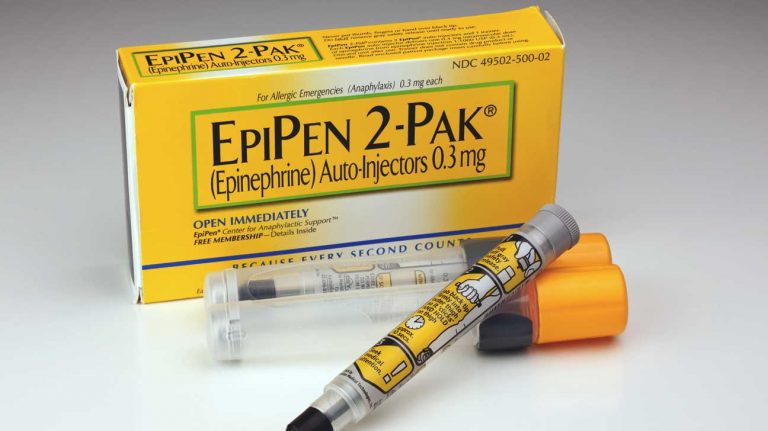Last March, the U. S. Food and Drug Administration announced its intention to lower nicotine levels in cigarettes to prevent future generations from smoking and to help current smokers quit. In a piece I wrote in May for Inside Sources, I argued these regulations were unlikely to help and could possibly make things worse by motivating smokers to consume more cigarettes or switch to other, less healthy smoking products.
The FDA acknowledged this shortcoming in a regulatory notice which reads, “If a [regulatory] standard were to apply to cigarettes only, it could be substantially less effective.” But instead of heeding potential unintended consequences as a reason to refrain from regulation, the agency seems to be doubling down.









